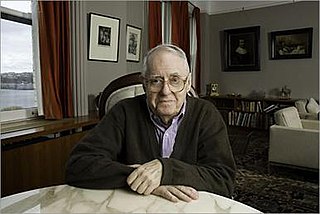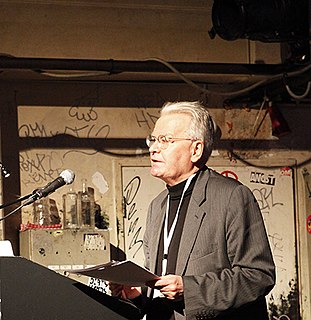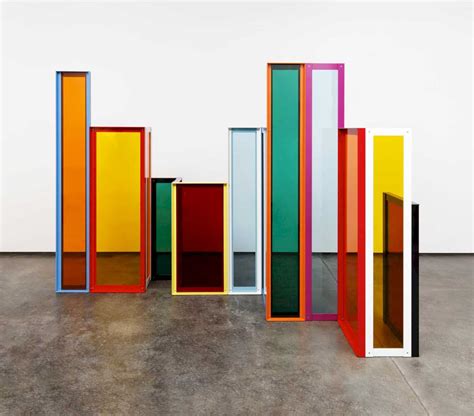A Quote by Peter Gay
My definition of modernism took a while to develop.
Quote Topics
Related Quotes
Modernism in a way, early modernism, for instance, in pictures, was turning against perspective and Europe. And all early modernism is actually from out of Europe, when you think of cubism is African, is looking at Africa, Matisse is looking at the arabesque, Oceania. Europe was the optical projection that had become photography, that had become film, that became television and it conquered the world.
Modernism was a big thing for me, coming from a father who was very interested in art, music and culture - and almost always Italian art, music and culture. One good thing about Italians is that culture is part of everyday life. But Modernism is a movement of the past. The idea of a Modernist building as a sculpture set on a pedestal of grass is a part of Modernism that I'm not so crazy about.
Suggestion is generally better than Definition. There is a seeming dogmatism about Definition that is often repellent, while Suggestion, on the contrary, disarms suspicion and summons to co-operation and experiment. Definition provokes discussion. Suggestion provokes to love and good works. Defining is limiting. Suggestion is enlarging. Defining calls a halt; Suggestion calls for an advance. Defining involves the peril of contentment: "I am here, I rest." "Thus far," says Definition, and draws a map. "Westward," cries Suggestion, and builds a boat.








































